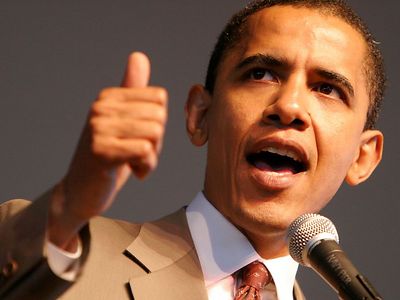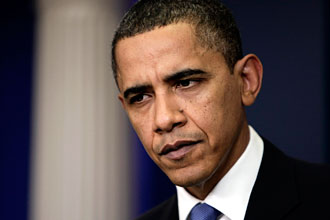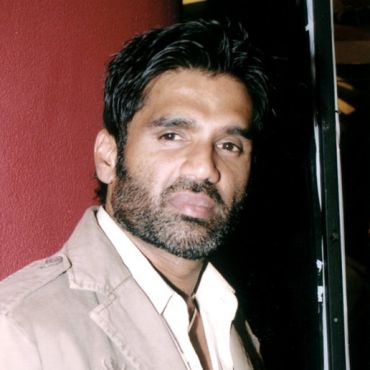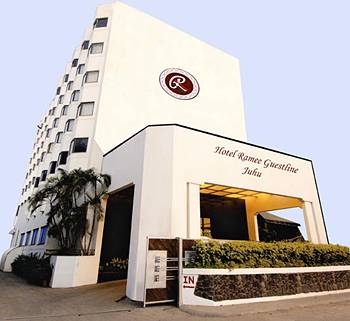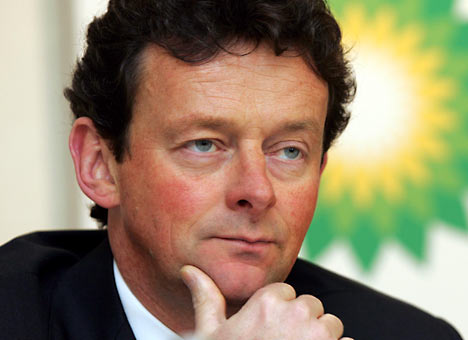Mood:
Now Playing: Why Deepak Parekh should change his usual line of argument
Topic: Real Estate Conundrum
The government has a two-pronged approach to housing sector, one that of preventing bubbles, which ends up strangulating the industry and second, complete apathy towards formulating policies to help meet the burgeoning demand.
By Anil Parameswaran Nair
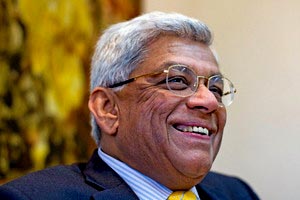 The latest video on youtube.com (https://www.youtube.com/watch?v=Ps0DSihggio) on constructing a 15-storey building in six days in Shanghai is probably the most forwarded link among the real estate professionals today. It would be instructive if critics of teaser loans and 10-90 loan schemes like Deepak Parekh saw it.
The latest video on youtube.com (https://www.youtube.com/watch?v=Ps0DSihggio) on constructing a 15-storey building in six days in Shanghai is probably the most forwarded link among the real estate professionals today. It would be instructive if critics of teaser loans and 10-90 loan schemes like Deepak Parekh saw it.
The central bank of India in early November tightened the provisions for housing loans which singularly created a dent in the real estate growth story. The higher provisioning requirement for teaser loan rates will, in all probability, affect the sector in the short term.
The motive behind the move by Reserve Bank of India (RBI) is essentially to prevent excessive leveraging by banks. Most market watchers are of the view that if the RBI starts to take such punitive action against financial instruments brought out by innovative thinking, the real estate sector as a whole will suffer. It is true that the regulators have held the industry is good stead in the past and have prevented market bubbles, but the over-caution might be uncalled for.
The fact of the matter is that asset prices might be rising inexorably in some markets though in others they are more sobering, mostly due to demand. A market like Goa has seen stabilised pricing for the last decade, even during the previous economic downturn, so much so that asset buyers and investors have increasingly flocked to these markets in tandem with the construction activity.
“The asset prices will not be brought down by simplistic moves like higher provisioning requirements for loans in a demand-led economy. The government has to increase FSI across the board and improve infrastructure development to control prices”, said a leading NCR-based real estate developer during a recent conference on hotels and organised retail in Mumbai.
The regulators have an uncanny detailing of the property sector than any other 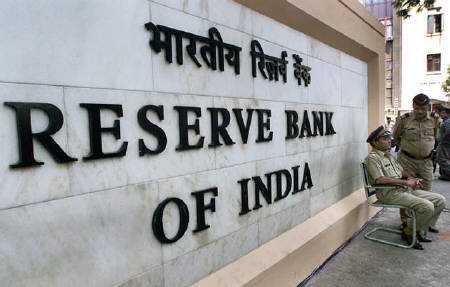 industry. The central bank capped the loan-to-value ratio for housing loan exposure at 80 per cent, even while increasing risk weightage for residential housing loans worth Rs75-lakh or more by 125 per cent.
industry. The central bank capped the loan-to-value ratio for housing loan exposure at 80 per cent, even while increasing risk weightage for residential housing loans worth Rs75-lakh or more by 125 per cent.
The RBI in its combined wisdom raised the standard asset provisioning by commercial banks for teaser loans to 2 per cent from 0.4 per cent. This step seems wholly unnecessary in view of the sector’s struggle to come out of the slump seen a year ago. Even stock markets gave RBI a thumbs-down when the markets tanked after its decision mostly because of the ‘negative surprise’.
In other words, for all outstanding teaser loans the banks will have to make a one-time additional standard provisioning of 1.6 per cent. Also, in future they will need to take into account these additional standard provisioning norms if they continue with the teaser loan schemes.
It is not just the developers and intermediaries which are cut up with the decision of the central bank. Commercial banks which have been forced to look the other way when developers seek debt financing, have also expressed their chagrin at measures like tightening provisions for loans.
In the mid-term review of monetary policy, RBI raised provisions for standard assets of teaser loans five fold. The ostensible reason is that last time the RBI tried to control teaser loans the banks conveniently bypassed it and continued to selective offer teaser loans. This is not to say that all such loans are above board, but to club them all in one basket is a mistake that RBI commits with impunity.
The higher provisioning will jack up cost of funds for banks and discourage them from aggressively pushing for teaser loans. The reason for such tight measures is that such loans affect the quality of assets and chances of defaults by borrowers are high. The RBI might also be playing into the SBI versus HDFC game being played out in public for a long time now.
The home loan default for SBI, for instance, is known to be about 3 per cent and that can be considered an industry average. This kind of default in payments does not usually affect the balance sheet of banks like SBI because mortgages as a percentage of total assets are very low. Of the total loan portfolio of Rs80,000-crore, special loans would be in the vicinity of Rs20,000-crore.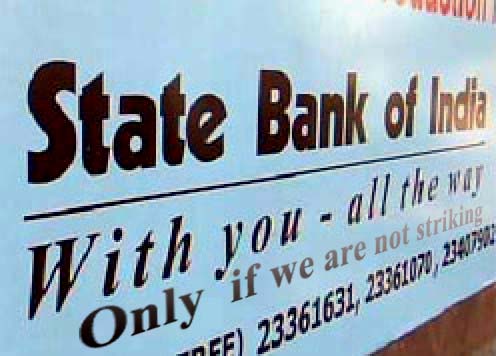 Even HDFC’s teaser loan portfolio is about 27 per cent of its retail home loans provided. HDFC’s mortgage book, it is known, is around Rs1.06-trillion and retail loan makes up about 68 per cent of that.
Even HDFC’s teaser loan portfolio is about 27 per cent of its retail home loans provided. HDFC’s mortgage book, it is known, is around Rs1.06-trillion and retail loan makes up about 68 per cent of that.
In regulation of loan to value (LTV) ratios the RBI has said that banks will be able to give up to 80 per cent loans to Rs50-lakh worth property. Till now the LTV was unregulated and banks used to give up to 85 per cent loans. In many of the developed and a few developing countries the LTV is regulated, but the government also helps people to buy houses in terms of down payment assistance for first time buyers.
In India the government has no such plans or provisioning and hence the lower end of the market, where the demand is real and bereft of investor-buyers, will be adversely affected. In the higher end of the market, which includes even affordable homes in some metro cities and luxury in smaller cities, the new regulation will not mean any thing.
There is little speculation in the higher end of the market even today and hence the increase in risk weightage will dampen the 10-90 schemes popular in cities like Mumbai where the down payment is broken into two parts – 10 per cent while booking and 5 per cent while taking possession.
But most big developers any where in the country are not quite given to taking these measures as a bad thing, more because the economy is growing and the demand will only firm up even more. The price and demand have not been affected in the festive season which ended recently.
Pricing in real estate can only be controlled by increasing supply in housing segment. Even if the floating rates for housing loans are likely to rise, developers don’t see any denting in the demand – it is almost like the Shanghai building which rises tall in six days to 15 storey. But the point that is moot is: will the approvals in India come so fast to build a structure of that kind?
**************

